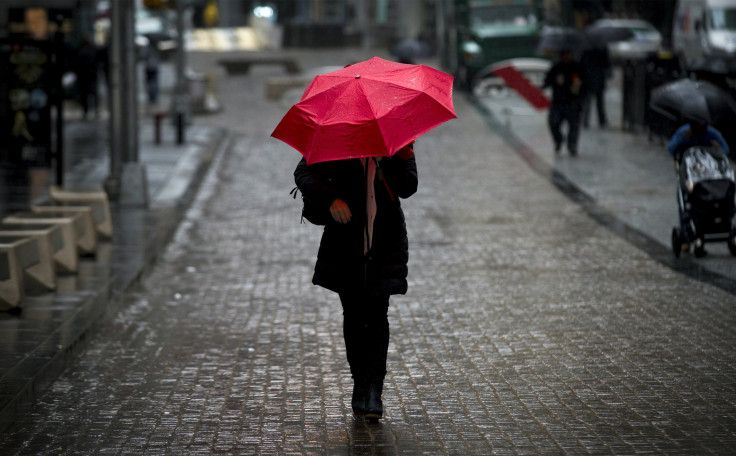Loneliness, Social Isolation Can Shorten Life Span: Conditions Are Similar To Obesity, Smoking, Study Finds

Advice for leading a healthy life is often reliant upon hard numbers and quantifiable physiological factors – think blood pressure, or weight – but perhaps people ought to start talking more about psychological and social factors as well, as new research suggests that loneliness and social isolation are as harmful to one’s life span as obesity, smoking or alcoholism.
Newly published findings by researchers at Brigham Young University in the journal Perspectives on Psychological Science suggest that social isolation, whether real or perceived, is associated with a higher risk for dying younger. The researchers examined studies dating as far back as 1980 all the way up to February 2014, gathering data on more than 3 million people who participated, which also considered other issues beyond loneliness and social isolation. They concluded, “Individuals lacking social connections … are at risk for premature mortality,” with risk levels comparable to those of obesity, lack of physical activity or substance abuse.
“We need to start taking our social relationships more seriously,” Julianne Holt-Lunstad, the lead author of the study, said in a press release from the university. She said social isolation and loneliness had an effect whether or not someone felt alone while surrounded by people or instead actively sought to be alone.
The researchers found that the risk of early mortality posed by loneliness was actually greater to those younger than 65 than it was to those over that age, and overall, social relationships had a positive effect on one’s health. “We are predicting a possible loneliness epidemic in the future,” said Tim Smith, a co-author of the study. “In essence, the study is saying the more positive psychology we have in our world, the better we’re able to function, not just emotionally but physically.”
From the seminal book "Bowling Alone," published in 2000, to various reports in recent years about loneliness being on the rise, and dangerous, the researchers' findings add hard evidence to growing concern and an expanding body of literature over the past decade or so about the impact of loneliness and isolation on human health. The results of the study also dovetail with findings from another report published one year ago, which also found that people who regularly feel disconnected from other people are more likely to die early.
© Copyright IBTimes 2025. All rights reserved.






















